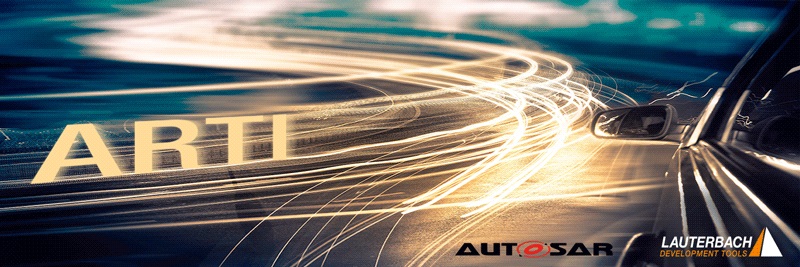AUTOSAR’S ARTI STANDARD FOR TRACE32
NewsLauterbach’s TRACE32 Now Supports the AUTOSAR ARTI Standard

Lauterbach’s TRACE32 debug and trace tools now support the new ARTI standard (AUTOSAR Run Time Interface) which replaces the older ORTI debug information format for automotive embedded systems. ARTI was released at the beginning of November 2020, after almost five years of work, and brings the standard up to date, as well as providing tracing capabilities to greatly increase the analysis options open to developers. The TRACE32 implementation of this can even be used on devices which don’t have a traditional trace port.
The ARTI debug information is automatically generated by the AUTOSAR development tools and this ARXML file can be directly read by the TRACE32 debug tools to extract all of the relevant debug information. The ARTI specification goes beyond simply measuring task runtimes and includes much more detailed information, such as the state of tasks and runnables, Interrupt Service routines, service calls, and spin locks, etc., on single core or multicore devices. This data is generated by the underlying AUTOSAR compliant Operating System and collected by the TRACE32, where it can be analyzed to show a number of metrics, for example: minimum, maximum and mean runtimes.
The whole ethos of AUTOSAR is for interoperability of tools and operating systems, allowing for data to be exported between tools, or even a software stack to be replaced without affecting the rest of the system. Dedicated timing tools exist that are able to measure much more complex interactions, such as timing requirement analysis or event chain analysis and TRACE32 can export the event data in standard MDF format to work with these; the toolchain becoming greater than the sum of its parts.
Says Rudi Dienstbeck, System engineer at Lauterbach and active member of the AUTOSAR group defining ARTI, “With the new ARTI specification, I think we have the framework for ensuring reliable software systems for automotive applications for many years to come. I believe that being able to measure all aspects of a system with incredible accuracy across multiple targets has exceeded the original design goals and I am excited for the future. Lauterbach is an active member of many international standards groups and I truly believe our work within these groups can help to shape a safer, more connected world.”
Support is available now for Vector’s Basic Software MICROSAR and others as they adopt the AUTOSAR standard.




